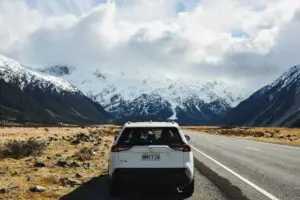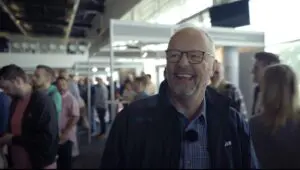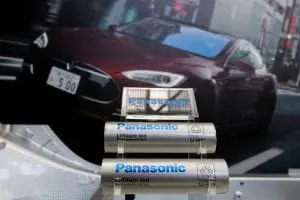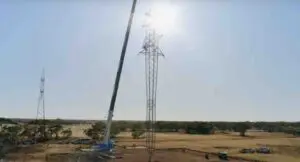We all know the environmental and energy benefits of transitioning to electric vehicles, but have you considered the upside for law enforcement?
No, you probably haven’t. But that’s OK. Neither had I. Until I was pointed towards a tweet from the Gloucestershire Constabulary’s Rural Crime Team:
Last week, 5 nights of anti poaching ops. Unmarked electric cars patrolling and listening for gunshots, utilising their quiet running. Officers waiting in the woods with night vision, thermal spotters & thermal drone. No one seen but the bar is set high for any future poachers. pic.twitter.com/RxYGnE5MUO
— Rural Crime Team – Gloucestershire Constabulary (@GlosPol_Rural) April 27, 2020
According to the region’s Rural Crime Team, a 5-night anti-poaching operation towards the end of April utilised the police department’s new unmarked electric vehicles so as to sneak around the countryside, listening for poaching gunshots thanks to the quiet running of the EVs.
The anti-poaching operation followed a string of poaching incidents which left local deer shot in the jaw, or in the neck, but left alive. According to police reports, the “appalling acts of cruelty” left the four-legged victims around Sapperton, in the Cotswolds, west of Cirencester and in Calmsden, north of Cirencester.
The Gloucestershire Constabulary probably had not considered the tactical application of EVs, either, when they took delivery of 75 new electric vehicles from Nissan earlier this year.
A total of 66 Nissan LEAFs – of which 11 are marked police vehicles – and 9 e-NV200s were delivered in late February, bringing the Constabulary’s fleet of vehicles up to 21% zero-emissions, helping to reduce its CO2 emissions by 190 tonnes a year.
To read the full version of this story – and view the photo gallery – on RenewEconomy’s electric vehicle dedicated site, The Driven, click here…
RenewEconomy and its sister sites One Step Off The Grid and The Driven will continue to publish throughout the Covid-19 crisis, posting good news about technology and project development, and holding government, regulators and business to account. But as the conference market evaporates, and some advertisers pull in their budgets, readers can help by making a voluntary donation here to help ensure we can continue to offer the service free of charge and to as wide an audience as possible. Thankyou for your support.










